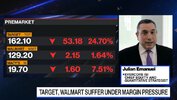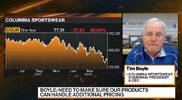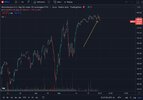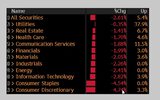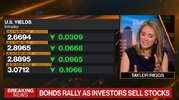- Joined
- 20 July 2021
- Posts
- 12,640
- Reactions
- 17,570
the oil ban will most likely fail , BUT the issue is will Russia renew/renegotiate contracts , it can take it's own sweet time to sign up new customers , OR accelerate industrialization inside Russia , they already make a lot of stuff , they could easily choose to make more given the influx of Ukrainian refugees ( some of whom might decide to stay )I don't think anyone knows. Probably a number of factors causing some constraints
Ah sorry! I meant if he EU oil ban fails, then we will be looking at a situation with less inflation. I think oil prices are being by the expectation that a Russian oil ban will occur
they have also recently acquired a BIG steel plant , it will take a hell of a tidy up but probably beats building a new one from scratch

